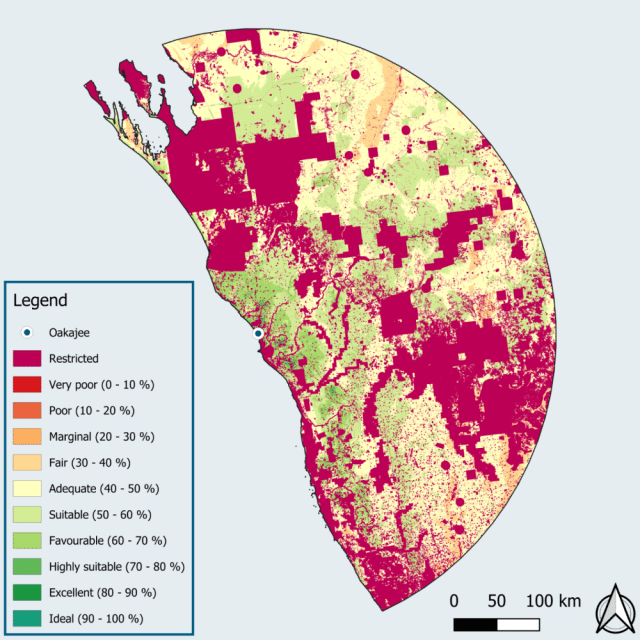LBC & duisport: development of new ammonia terminal in the Ruhr industrial region
LBC Tank Terminals and duisport will jointly develop an inland ammonia terminal in Duisburg, connecting the key industrial hub to an under-development ammonia import, storage and cracking terminal in Vlissingen, the Netherlands.








